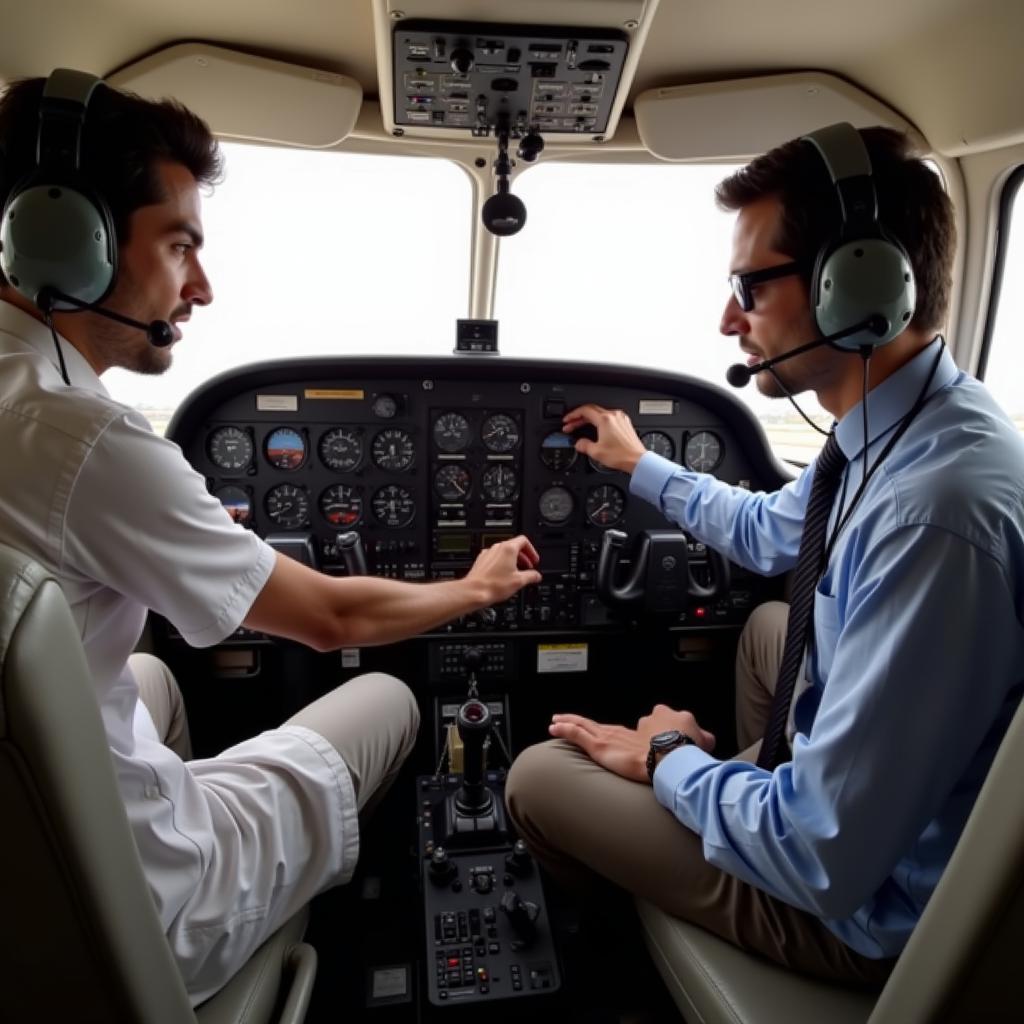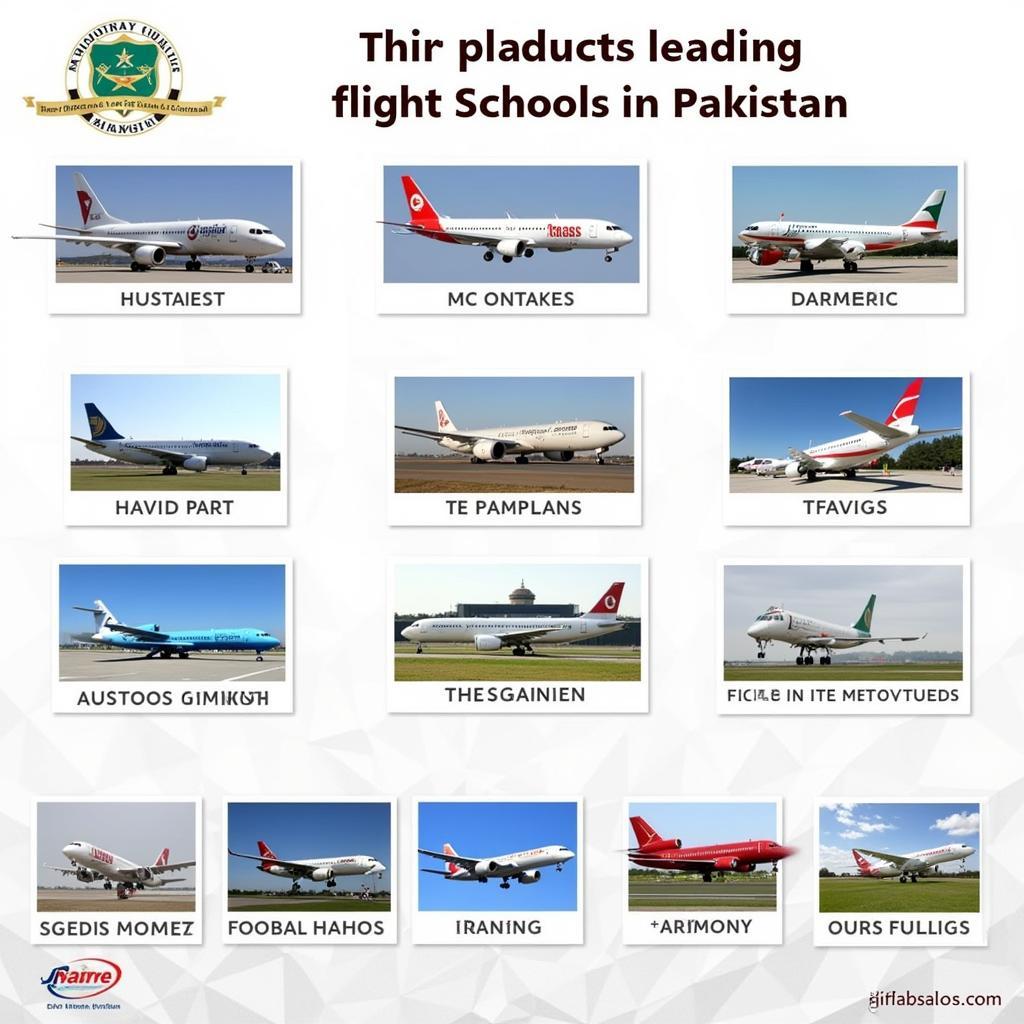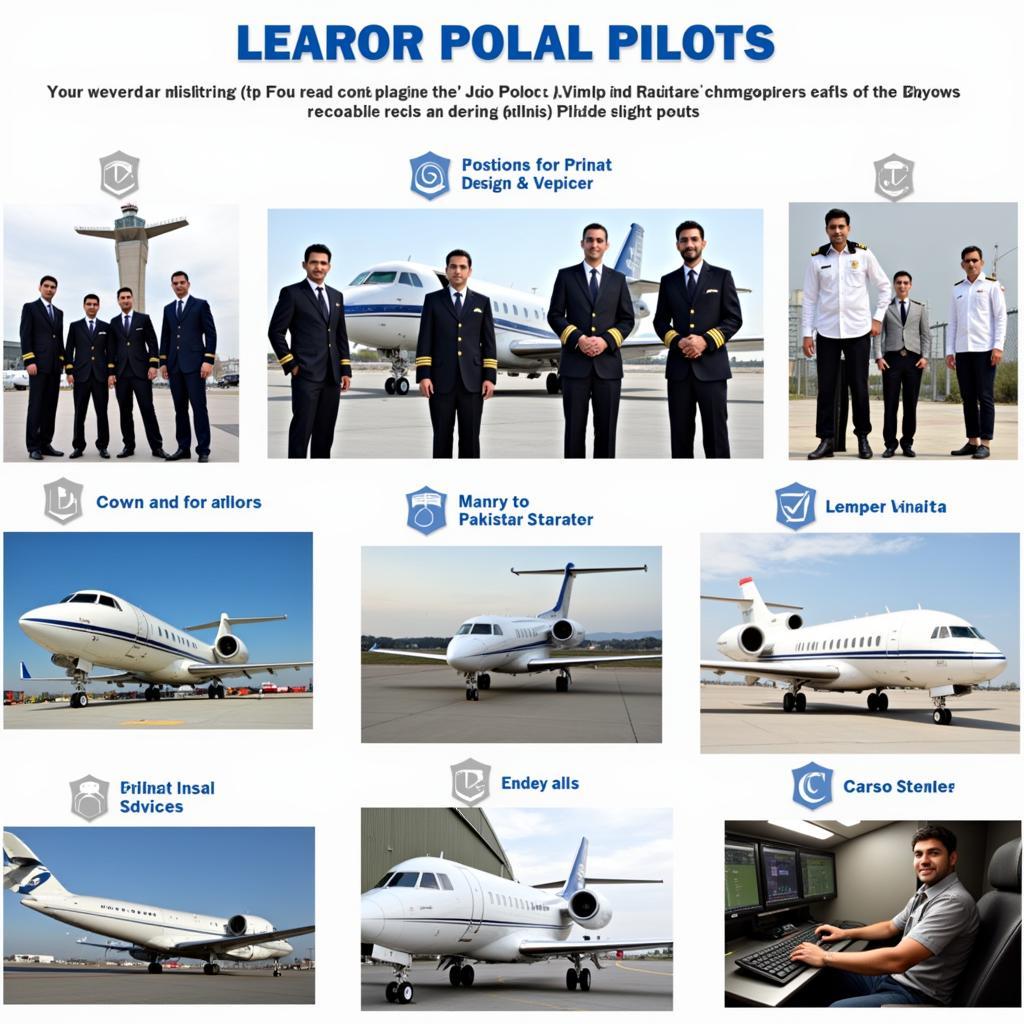Becoming a pilot in Pakistan is a dream for many, a challenging yet rewarding career path. This comprehensive guide will equip you with the necessary information to navigate the process, from educational requirements to licensing procedures. We’ll cover various aspects, including flight schools, cost considerations, and career prospects.
Choosing Your Flight Path: Different Types of Pilot Licenses in Pakistan
Aspiring pilots in Pakistan have several license options, each tailored to specific career goals. The most common are the Private Pilot License (PPL), Commercial Pilot License (CPL), and Airline Transport Pilot License (ATPL). The PPL allows you to fly for recreational purposes, while the CPL enables you to fly commercially. The ATPL is the highest level of certification, required for airline pilots. Deciding on your desired license type is the first crucial step in your journey. What are your ambitions? Do you envision yourself flying leisurely or commanding a commercial airliner? how to become a commercial pilot in pakistan provides further details on the commercial pilot pathway.
Choosing the right license dictates your training path and future career opportunities. Carefully consider your long-term goals before committing to a specific license.
 Pilot training in Pakistan
Pilot training in Pakistan
Educational Requirements and Eligibility Criteria for Pilots in Pakistan
Meeting specific educational qualifications is essential for aspiring pilots. While a background in science subjects can be beneficial, it’s not always mandatory. A minimum of intermediate level education (12th grade) is generally required. Strong mathematical aptitude and proficiency in English are crucial, especially for understanding complex aviation terminology and communication. You’ll also need to pass a medical examination to ensure you meet the physical and mental fitness standards required for piloting. More information about pilot training in Pakistan can be found on how to be pilot in pakistan.
Beyond formal education, qualities like discipline, responsibility, and excellent decision-making skills are paramount. Piloting demands quick thinking and the ability to stay calm under pressure.
Exploring Flight Schools and Training Programs in Pakistan
Several reputable flight schools offer comprehensive training programs across Pakistan. These schools provide both ground school instruction and flight training, covering topics like aerodynamics, meteorology, navigation, and flight regulations. Researching and selecting the right flight school is a crucial decision, as it significantly impacts the quality of your training. Consider factors like accreditation, instructor experience, fleet size, and facilities.
 Top flight schools in Pakistan
Top flight schools in Pakistan
How to Choose the Right Flight School
- Accreditation: Ensure the school is recognized by the Civil Aviation Authority (CAA) of Pakistan.
- Instructor Experience: Inquire about the qualifications and experience of the flight instructors.
- Fleet Size and Type: A diverse fleet allows for exposure to different aircraft types.
- Facilities: Modern simulators and well-maintained aircraft are crucial for effective training.
The Cost of Becoming a Pilot: A Financial Overview
Pursuing a pilot’s license involves a substantial financial investment. The total cost varies based on the type of license, flight school, and the number of flight hours required. Factor in expenses like tuition fees, examination costs, medical examinations, and accommodation. Planning your finances meticulously is essential to ensure you can complete your training without interruption.
Career Opportunities for Pilots in Pakistan
The aviation industry in Pakistan offers a range of career paths for qualified pilots. Opportunities exist within commercial airlines, private charter companies, cargo operations, and even flight instruction. With the projected growth in air travel, the demand for skilled pilots is expected to remain strong.
 Pilot career opportunities in Pakistan
Pilot career opportunities in Pakistan
Conclusion: Soaring Towards Your Aviation Dreams
Becoming a pilot in Pakistan demands dedication, hard work, and significant financial investment. However, the rewards of a fulfilling career in aviation are immeasurable. By following this guide, researching thoroughly, and planning meticulously, you can take the necessary steps towards achieving your aviation dreams and take to the skies. Remember how to become a pilot in Pakistan is a challenging but achievable goal.
FAQ
- What is the minimum age to become a pilot in Pakistan? (Typically 17 for PPL and 18 for CPL)
- How long does it take to get a CPL in Pakistan? (It can take approximately 18-24 months, depending on the training program.)
- Are there scholarships available for pilot training in Pakistan? (Yes, some flight schools and organizations offer scholarships based on merit and financial need.)
- What are the medical requirements for becoming a pilot? (You’ll need to pass a Class 1 medical examination conducted by a CAA-approved Aviation Medical Examiner.)
- What is the difference between a PPL and a CPL? (A PPL allows you to fly for recreational purposes, while a CPL permits you to fly commercially and earn a living as a pilot.)
- What is the job outlook for pilots in Pakistan? (The aviation industry is expected to grow, leading to increased demand for qualified pilots.)
- How can I prepare for the pilot aptitude tests? (Several online resources and practice tests are available to help you prepare.)
Need more information? Check out our articles on binger watch price in pakistan and ray ban original glasses price in pakistan. You might also find the flying doll price in pakistan interesting.
For support, contact us 24/7: Phone: +923337849799, Email: news.pakit@gmail.com, or visit our office at Dera Ghazi Khan Rd, Rakhni, Barkhan, Balochistan, Pakistan.